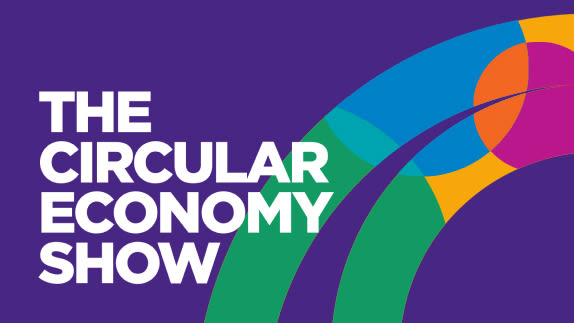Measuring and reporting on progress towards circular economy outcomes is a key driver in the transition to the circular economy. It plays a powerful role in setting direction, showing progress, identifying opportunities, and demonstrating impact.
The information it gathers can:
Provide an economic rationale for circular business models
Demonstrate how these models help tackle global challenges, such as climate change, biodiversity loss, and waste and pollution
Inform investment decisions in circular business models and accelerate capital flows
Guide policymakers towards interventions that speed up the transition to a circular economycircular economyA systems solution framework that tackles global challenges like climate change, biodiversity loss, waste, and pollution. It is based on three principles, driven by design: eliminate waste and pollution, circulate products and materials (at their highest value), and regenerate nature.
Our vision
The Ellen MacArthur Foundation is supporting the harmonisation, completeness and adoption at scale of circular economy measurement and reporting.
We call on businesses, financial organisations, and policymakers to play their part by:
Measuring and reporting their progress towards circular economy outcomes
Making decisions informed by circular economy performance data
Drawing on existing frameworks, standards, and guidance to support harmonisation and standardisation
We encourage organisations to report on their commitments, strategies, risks, opportunities, outcomes and impact metrics - for all three principles of the circular economy: eliminate waste and pollution, circulate products and materials at their highest value, and regenerate nature. This means going beyond mandatory requirements, such as the European Sustainability Reporting Standards E5, and beyond any single voluntary reporting framework.
We are supporting corporate disclosure initiatives to reflect and drive the transition away from the linear take-make-waste economy to a circular economy that operates within planetary boundaries.
Our role
The Foundation will use its position as a trusted and credible player in the measurement ecosystem to drive the streamlining of circular economy measurement, in order to make it easier and more impactful.
Our focus is on informing the development and revisions of leading voluntary and mandatory reporting frameworks and mechanisms, such as the European Sustainability Reporting Standards (ESRS), International Sustainability Standards Board (ISSB), Greenhouse Gas Protocol, Carbon Disclosure Project (CDP), Circular Transition Indicators (CTI), and Taskforce for Nature-related Financial Disclosures (TNFD).
This will be underpinned by a programme of thought leadership projects to fill gaps in knowledge and develop metrics, informed by the challenges and successes of the Foundation's Network of circular economy leaders.

Improving climate emissions accounting to support the circular economy
The way greenhouse gas emissions are currently reported can disincentivise companies from shifting to circular business models or adopting circular practices. This needs to change.
The circular economy measurement and reporting landscape is evolving
With growing demand for circular economy related data, new frameworks are emerging. These include voluntary reporting frameworks, sector agnostic standards, goal-setting methodologies, sector guidance, and regulated sustainability disclosure frameworks.
Emerging frameworks that include circular economy topics include:
The ISSB, which has included the circular economy as a subtopic in a shortlist of potential future standards. The Foundation’s response to the ISSB consultation on priorities can be found here.
TNFD, which has published recommendations, guidance, and other resources for companies to use for reporting on regenerating nature.
Science-based Targets for Nature (SBTN), developed by the Science Based Targets Network, which prescribes how companies should evaluate, set targets, monitor, and report on their environmental impacts, including offering guidance on restoration of land and land under sustainable agriculture.
The International Organisation for Standardisation (ISO), which is currently developing circular economy standards.









